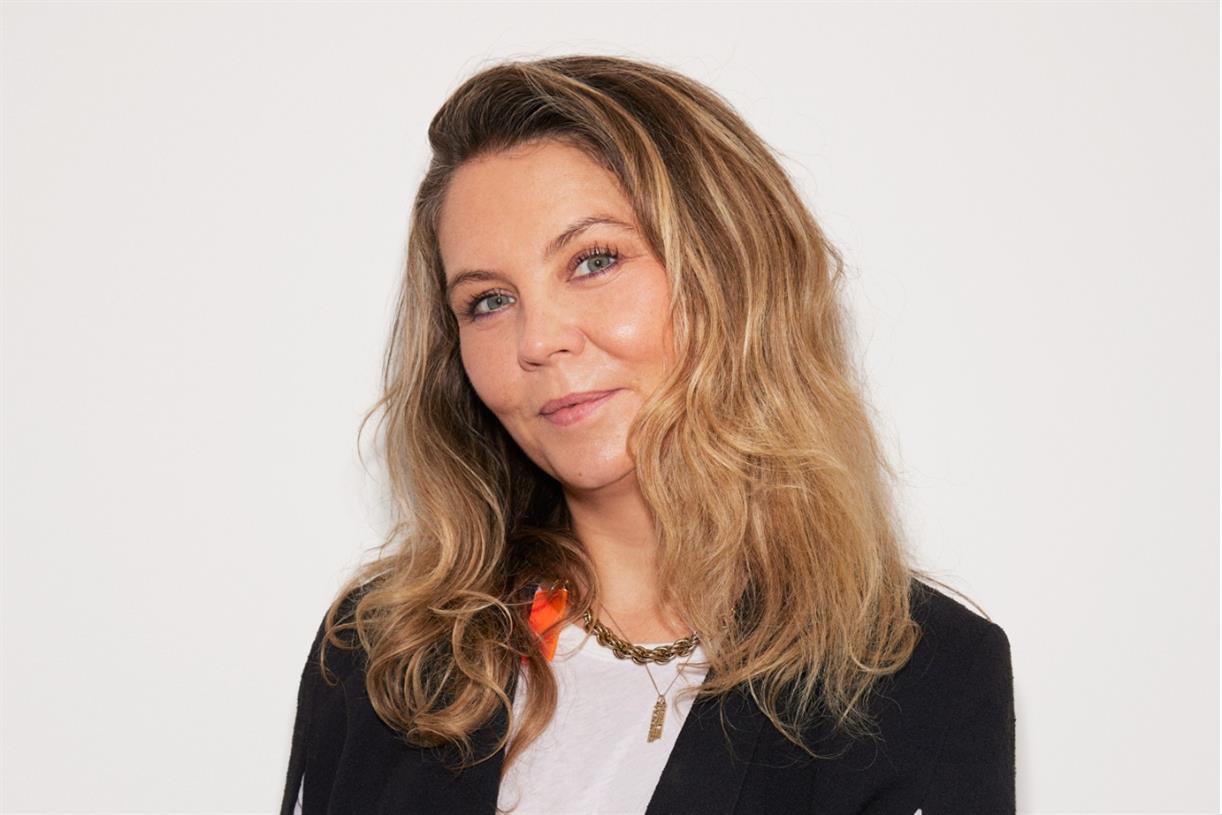Bank of England holds rates steady, but a summer cut could still be in the cards
Earlier this year, the Bank of England said that it expects inflation to rise to 3.7% in the third quarter, before starting to cool into next year.

Exterior of the Bank of England in the capital's financial district, on Feb. 6. 2025 in London, England.
Richard Baker | In Pictures | Getty Images
The Bank of England kept its key interest rate on hold at 4.25% during its Thursday meeting, with economists expecting the central bank to wait until August before it cuts again.
Six out of nine of the BOE's monetary policy committee opted to hold rates with three opting for a 25-basis-points cut.
"Underlying UK GDP [gross domestic product] growth appears to have remained weak, and the labour market has continued to loosen, leading to clearer signs that a margin of slack has opened up over time," the central bank said in a statement.
"Measures of pay growth have continued to moderate and, as in May, the Committee expects a significant slowing over the rest of the year," it said, adding that the MPC "remains vigilant about the extent to which easing pay pressures will feed through to consumer price inflation."
The central bank warned that "global uncertainty remains elevated" with energy prices rising due to the escalation of the conflict in the Middle East. "The Committee will remain sensitive to heightened unpredictability in the economic and geopolitical environment, and will continue to update its assessment of risks to the economy," it added.
There remain two-sided risks to inflation, the central bank concluded, noting that "given the outlook, and continued disinflation, a gradual and careful approach to the further withdrawal of monetary policy restraint remains appropriate."
"Monetary policy is not on a pre-set path," it flagged, in a likely signal to markets and investors to moderate rate cut expectations.
The central bank's decision was slightly more dovish than expected, Daniel Mahoney, U.K. economist at Handelsbanken, told CNBC.

"I think most people in the markets thought there would be a 7-2 [split among MPC members] so I think that's interesting, but I think those three members [opting for a cut] are obviously focusing on some of those domestic indicators," he told CNBC's "Decision Time" on Thursday.
The fact the bank mentioned it's "not on a pre-set path" was a "critical point," Mahoney said.
"That is very much talking to those geopolitical uncertainties. If oil prices go up further, that could potentially mean northwards of a 4% headline rate of inflation, so I think if you maybe got to $85 a barrel and we stuck there, you might hit that [inflation] point ... then you could see a hawkish pivot from the MPC," he said.
Rate cuts ahead?
The policymakers' decision to hold rates comes after the latest data out Wednesday showed the U.K.'s annual inflation rate reached 3.4% in May, meeting analyst expectations but lingering far above the bank's target of 2%.
Earlier this year, the Bank of England said that it expects inflation to rise to 3.7% in the third quarter, before starting to cool into next year. It nevertheless still doesn't know the outcome of U.S. President Donald Trump's global tariffs policy, and with conflict erupting in Middle East, inflationary pressures could rise.
Those pressures, coupled with lackluster U.K. growth after a 0.3% economic contraction in April, put the central bank in a difficult position on whether — and when — to cut rates.
"The bank last month divided 5 [MPC members] to 4 over the decision to cut rates a little, and the majority were very much seeing the economy slowing down and the threat of a faster slow down if tariffs and other U.S. policy seep through the economy, so that is the worry," John Gieve, former deputy governor of the Bank of England, told CNBC on Wednesday.
"The question was, 'Should we cut now or wait a little bit?' That was the way they were looking at it [then]," he added.

"The Middle East conflict complicates things further. Firstly, it could have an effect on oil prices which could push inflation up even further ... and, secondly, it could be disruptive to the world economy and to trade, which again would be a downward pressure on our growth, so that's precisely where the bank is right now," he told CNBC's "Squawk Box Europe."
Economists polled by Reuters widely expect BOE policymakers to cut rates by 25 basis points (bps) at the next gathering in August, and to make a trim of another 25 bps in the fourth quarter.
Grieve said the confluence of external, uncontrollable and potentially inflationary pressures — along with the domestic outlook for growth, taxation and spending — made it hard to predict the BOE's strategy.
"What the bank and markets are expecting is that interest rates will edge down to 4% or perhaps a little bit lower the rest of the year unless there's a really big development on the world stage, but we don't know how this conflict in the Middle East will play out, and we don't know how tariffs ... are going to play out. So [Bank of England policymakers] are going to have watch things month by month," Grieve said.

 FrankLin
FrankLin 




























.jpg&h=630&w=1200&q=100&v=4908ac7b80&c=1)


